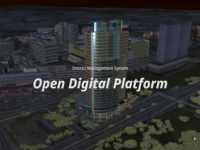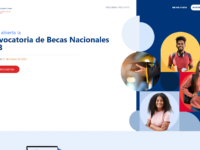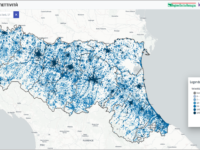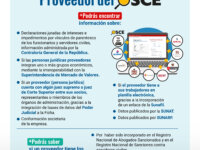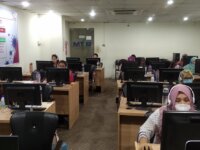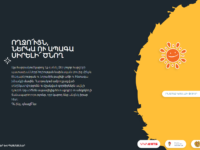The implementation of the OKRs (Objectives and Key Results) methodology in the National Agency on Corruption Prevention (NACP) was developed to address performance management, transparency, and team clarity and coordination issues. OKRs have benefited the organization by providing a structured framework to set, track, and measure objectives, thus improving accountability and goal alignment. This marks the first experience of implementing this approach in the Ukrainian public sector, drawing…
Innovation Tag: Data
Singapore has set its sights on becoming a world-class, tech-driven city-state, and it is doing so through the Smart Nation ambition, which seeks to harness technology to bring benefits from digital transformation in society, economy and government to how people and businesses live, work and play. The Open Digital Platform (ODP) is a key component in the digital infrastructure underpinning Singapore’s Smart Nation ambition. The ODP takes an integrated masterplan approach from the ground up,…
The Unique Scholarship Portal (Portal Único de Becas “Beca tu Futuro”) is a web platform that aims to concentrate all scholarship opportunities in a single portal. In this way, it documents and manages everything from the publication of the call for applications to the awarding of scholarships. The portal benefits all the citizens of the Dominican Republic who wish to apply for a scholarship. Moreover, the portal serves as a management tool for the scholarships' evaluators and the…
Emilia-Romagna’s Digital Agenda led a significant innovation process for public administration decision-making. The process resulted in a co-design phase with local administrations to structure and publish online the first geo-referenced regional Observatory on ultra-broadband connectivity in Italy. Multi-stakeholder participation made it possible to identify and highlight the various strengths and weaknesses of the tool, enabling its optimisation.
The scattered information of supplier's background makes it difficult to identify suitable suppliers for public procurement and affects goods, services and works delivery. The "Single Supplier Search" through single supplier sheet integrates and validates, through Big Data, providers' qualifiable aspects to be a supplier. It promotes transparency, citizen oversight and provides reliable and timely information to buyers, suppliers and citizens.
Being a densely populated country with inadequate healthcare infrastructure, providing treatment to COVID patients and keeping them in the hospital while maintaining social distance to prevent rapid community level transmission proved to be a difficult task. Therefore, COVID-19 Telehealth Center was established to ensure healthcare for COVID positive patients from their home, just a call away.
In response to the absence of a reliable digital tool that empowers mothers and parents with evidence-based methods of healthcare, the BarevBalik (Hello, Child!) platform (website and mobile app) was developed in cooperation with the Republic of Armenia's Ministry of Health. It is a "one-stop-shop" for maternal and child healthcare that provides access to health information, information on public health services, digital tools, and a digitalized health service.
In 2016, Ukraine launched an electronic asset declaration system, requiring public officials to disclose earnings and assets, in an effort to combat corruption and enhance accountability of public figures. With support from international partners, the e-register system hosts a global database of assets of public officials and has over 1,450,000 registered users.
The Buenos Aires City Government launched Climate Action, an open data platform that brings together energy efficiency, sustainability and waste management policies to combat climate change in the city. The platform is based on transparency, co-creation, collaboration, citizen participation, accountability and innovation. BA Climate Action was co-created with civil society organizations, environmental experts and citizens.
Better Insights into Collective Climate Actions: The currently fragmented, insufficient and incompatible sources building the climate data framework remain a critical threat to a successful outcome of the 2023 Global Stocktake for the Paris Agreement. While we observe an increasing amount of participation, effective ways of connecting, visualizing and analysing actors patterns & impact, within the overall climate initiatives, remain limited.

